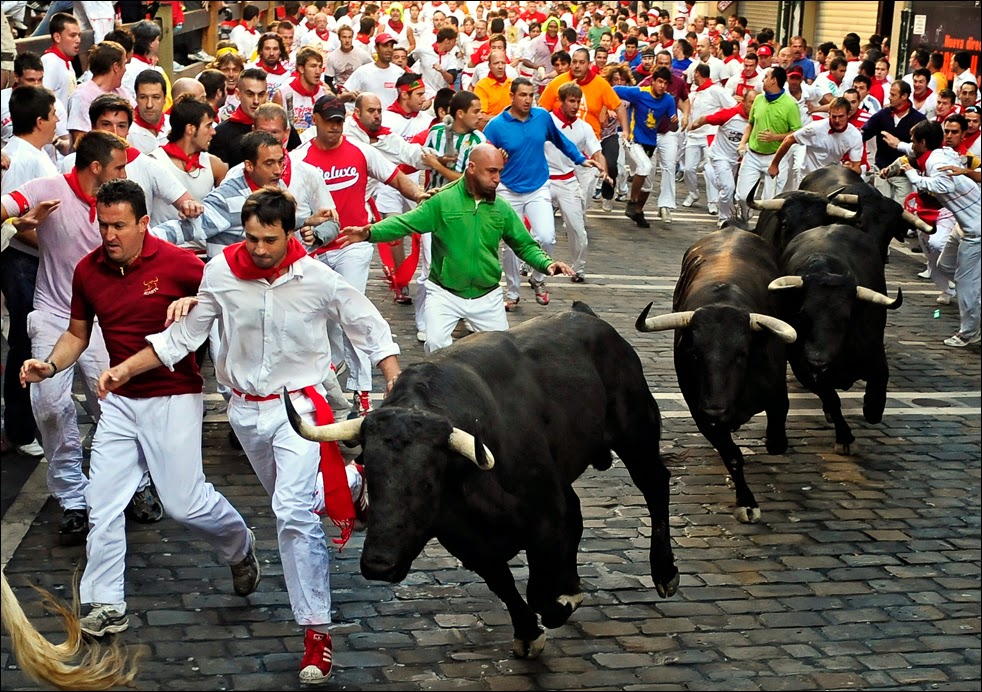"The Bog Turtle was federally listed as a threatened species in 1997."
Where are they?
Bog Turtles reside in New York and Massachusetts and all the way down to Maryland. Small numbers of Bog Turtles have been reported in Pennsylvania and the Lake George and Finger Lakes regions of New York.
http://www.fws.gov/northeast/nyfo/es/bogturtle.htm
The reasons for the threat to the species are are the elimination, breakdown, and alterations of their habitats from wetland adaptation, people building and developing the land, pollution and invasive species. Unfortunately, the Bog Turtle is threatened by illegal wildlife trade.
U.S. Fish and Wildlife Service - Hadley, Massachusetts, have come up with a recovery plan for the species of turtles:
"The overall objective of the bog turtle recovery program is to protect and maintain the northern population of this species and its habitat, enabling the eventual removal of the species from the Federal List of Endangered and Threatened Wildlife and Plants."
"Habitat Requirements and Limiting Factors : Bog turtles usually occur in small, discrete populations, generally occupying open-canopy, herbaceous sedge meadows and fens bordered by wooded areas. These wetlands are a mosaic of micro-habitats that include dry pockets, saturated areas, and areas that are periodically flooded. Bog turtles depend upon this diversity of micro-habitats for foraging, nesting, basking, hibernation and shelter. Unfragmented riparian systems that are sufficiently dynamic to allow the natural creation of open habitat are needed to compensate for ecological succession. Beaver, deer, and cattle may be instrumental in maintaining the open-canopy wetlands essential for this species’ survival.
Recovery Objective: The overall objective of the bog turtle recovery program is to protect and maintain the northern population of this species and its habitat, enabling the eventual removal of the species from the Federal List of Endangered and Threatened Wildlife and Plants"
http://www.fws.gov/northeast/nyfo/es/bogturtle.pdf
The Recovery Plan is an intensive 80 page document that covers all of the specific areas that need to be changed. Including saving the turtles environments and protecting them from illegal wildlife trading.
102.JPG)














